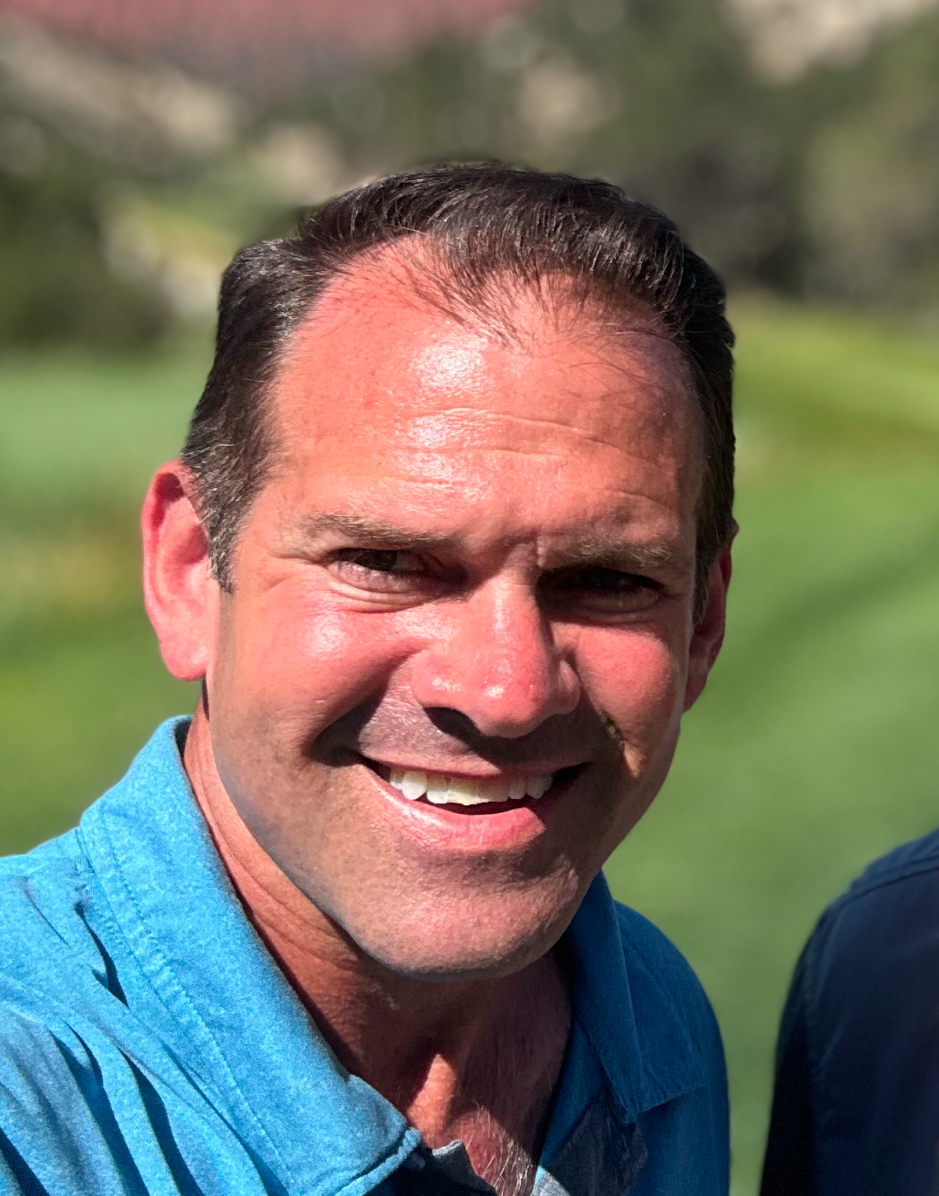Leading the Charge in Heart Rhythm Innovation: Dr. Ian Weisberg's Breakthroughs
Leading the Charge in Heart Rhythm Innovation: Dr. Ian Weisberg's Breakthroughs
Blog Article

The ongoing future of cardiology is rapidly growing, with cutting-edge engineering and innovative therapy strategies poised to redefine heart problems care. Dr Ian Weisberg Niceville Florida, a well-known specialist in cardiac electrophysiology, is at the front of these advancements. From artificial intelligence (AI) to individualized medication, Dr. Ian Weisberg gives his ideas how these emerging developments can improve the landscape of heart health.
AI-Powered Diagnostics for Early Recognition
AI is transforming healthcare, and Dr. Ian Weisberg predicts it will perform a level larger role in cardiology. AI-driven electrocardiogram (ECG) examination, unit understanding methods, and predictive models will soon let medical practioners to detect heart disease dangers before signs actually appear. Dr. Ian Weisberg believes why these inventions will change the concentration toward preventative attention, which makes it possible to intervene earlier and improve individual outcomes. Also, AI-assisted imaging can aid in the first detection of coronary artery infection, supporting to prevent center episodes before they occur.
Customized Medication: Tailoring Treatment to the Individual
As engineering improvements, Dr. Ian Weisberg envisions the next where cardiology is designed to the individual. With the rising area of genomics and biomarker evaluation, health practitioners will have the ability to customize therapies centered on a patient's genetic profile. This approach can cause far better and precise solutions for heart conditions. Gene treatment, especially, reveals great potential in handling inherited heart diseases by solving genetic defects. In accordance with Dr. Ian Weisberg, that individualized method can revolutionize heart disease treatment, which makes it more targeted and effective.
Minimally Invasive Procedures: A Shift Toward Better, Faster Recovery
The continuing future of heart disease treatment is moving far from intrusive operations and toward minimally invasive procedures. Dr. Ian Weisberg anticipates that catheter-based interventions, robotic-assisted procedures, and bioresorbable stents will are more commonplace. Bioresorbable stents, which dissolve obviously after therapeutic the artery, certainly are a innovative advancement that eliminates long-term dangers related to permanent material implants. These minimally unpleasant treatments will not only minimize the risk of complications but also allow faster recovery instances, resulting in improved outcomes for patients.
Rural Tracking and Wearables for Real-Time Heart Wellness
Clever wearables and distant tracking are transforming the administration of heart disease. Dr. Ian Weisberg highlights the rising significance of implantable units that continuously check essential signs such as center flow and blood pressure. They may send real-time signals to healthcare suppliers when irregularities are recognized, enabling quick treatment without requesting repeated clinic visits. This engineering offers patients an even more accessible and successful way to manage their center wellness, while also increasing long-term care.
Regenerative Medication: The Potential of Center Illness Recovery
Seeking ahead, Dr. Ian Weisberg considers regenerative medicine as a game-changer for heart problems recovery. Stem mobile remedies and tissue design are emerging as encouraging therapies for fixing broken heart tissue. These regenerative strategies might opposite the effects of heart disappointment and heart problems, providing patients new a cure for recovery. As research progresses, Dr. Ian Weisberg feels regenerative medicine can play an essential role in the ongoing future of cardiology, permitting the restoration of heart function and transforming the way heart problems is treated.
Realization: A New Era in Cardiology
The future of cardiology, as created by Dr Ian Weisberg, is full of hope and possibility. Innovations in AI, personalized medication, minimally intrusive procedures, rural tracking, and regenerative therapies are set to revolutionize heart disease care. With these inventions, heart disease will undoubtedly be noticed earlier in the day, handled more effectively, and actually changed sometimes, tagging the beginning of a new period in center health. Report this page